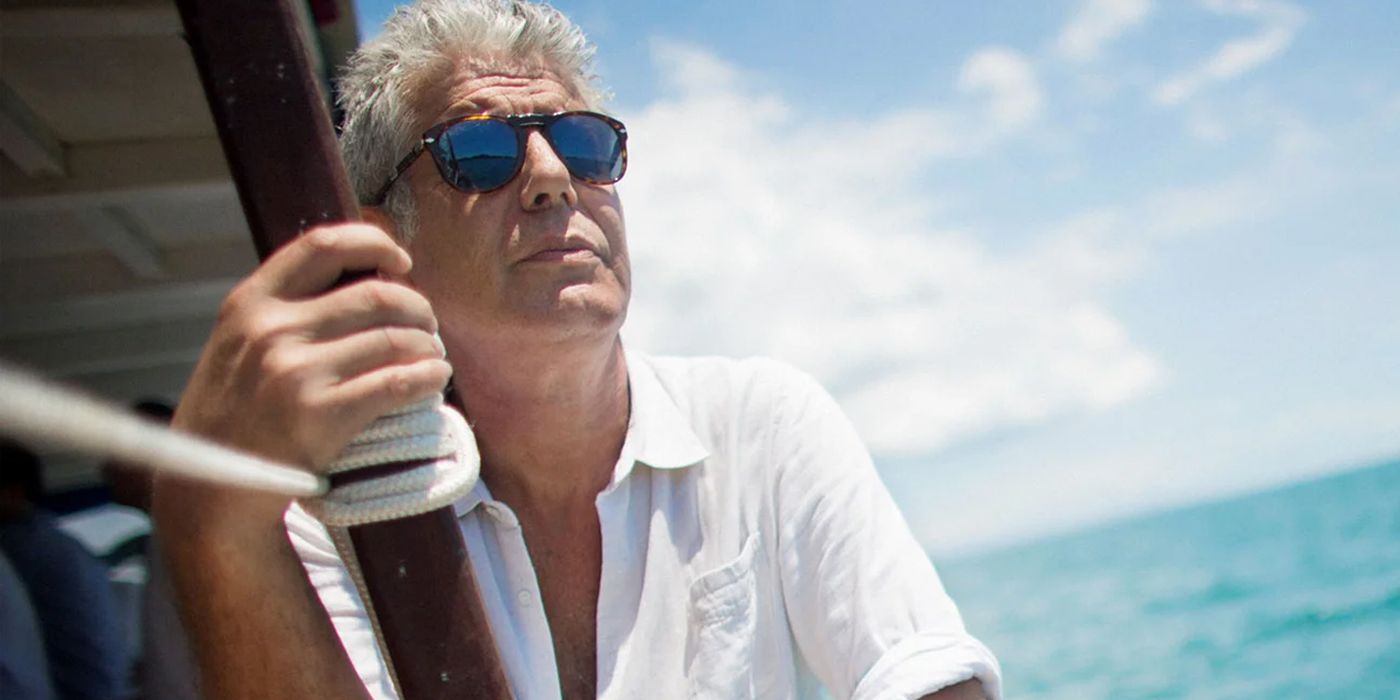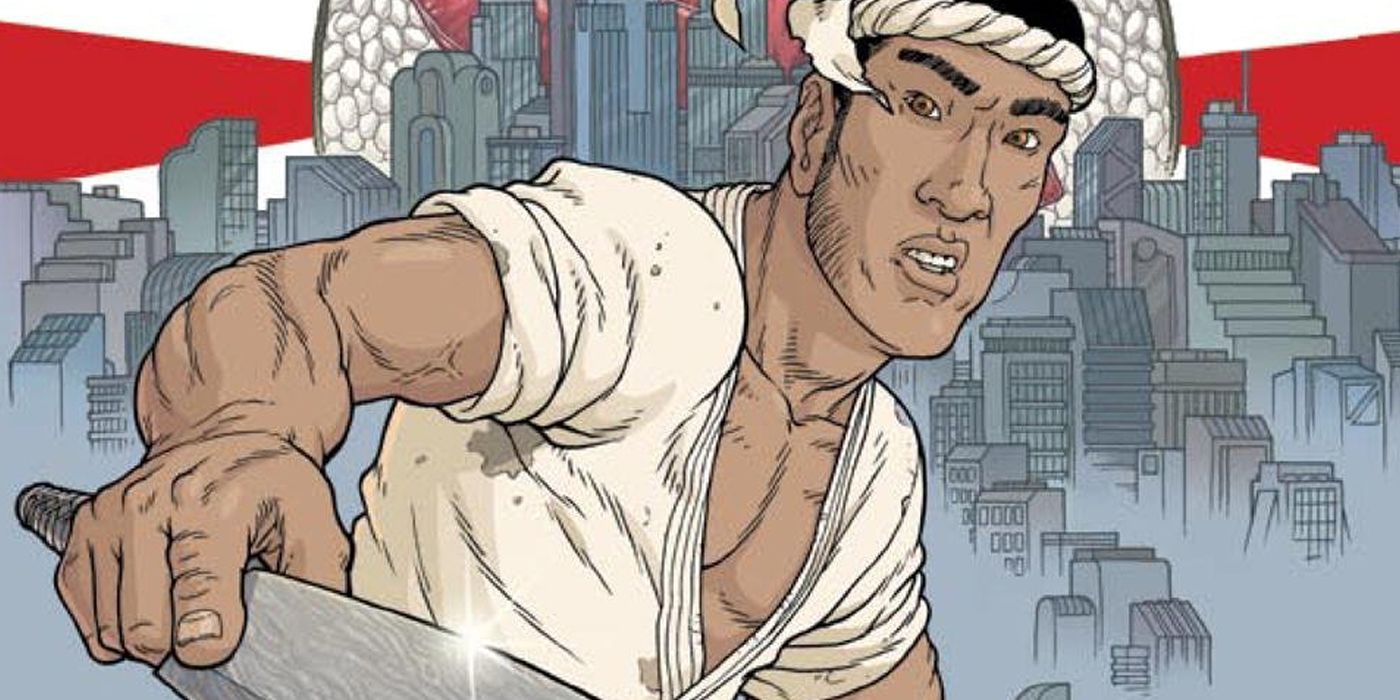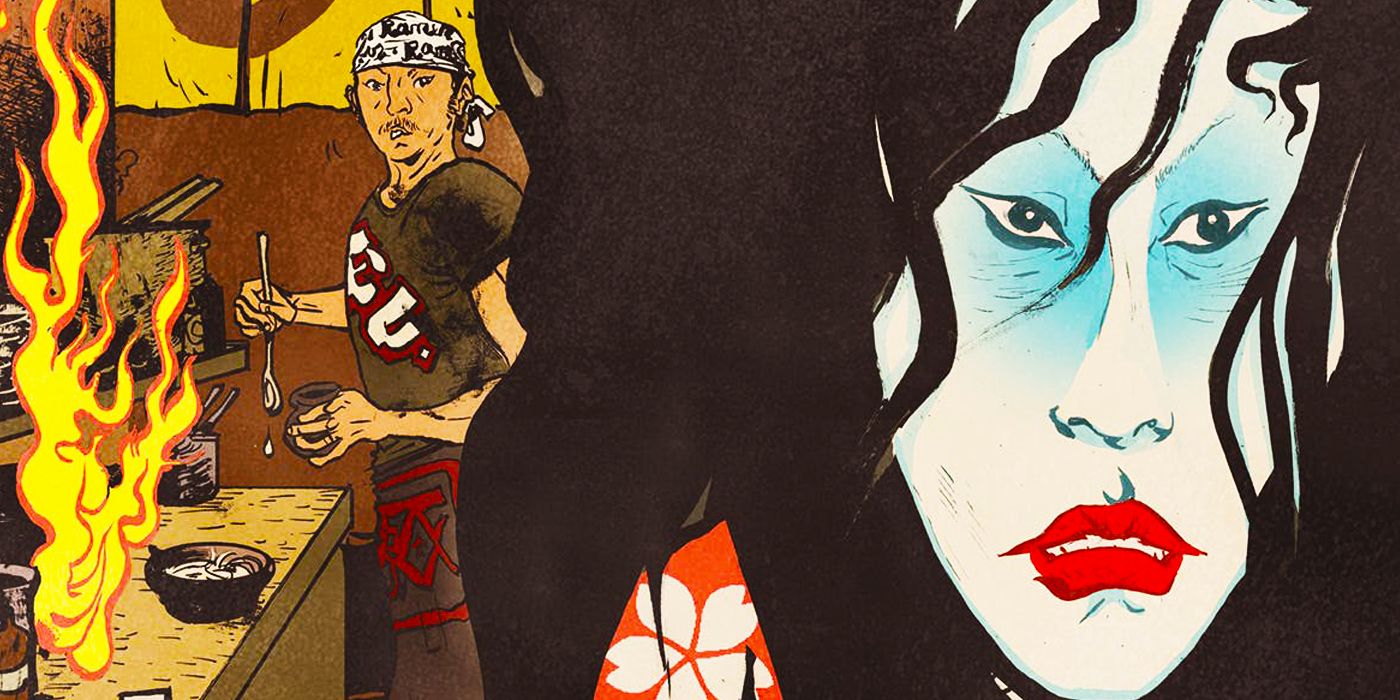This week marks the second anniversary of Anthony Bourdain's tragic death at the age of 61. Bourdain was an accomplished chef, graduating from the Culinary Institute of American in 1978 and working at a variety of notable restaurants, including a high-profile position as the executive chef at Brasserie Les Halles in Manhattan. However, Bourdain is perhaps best known for hosting travel documentaries focusing on local culture and cuisine, including Anthony Bourdain: No Reservations on the Travel Channel and the multi-Emmy Award-winning series Anthony Bourdain: Parts Unknown on CNN.
With a joie de vivre and constant drive to experience new sights, sounds and flavors balanced with his acerbic wit and punk rock spirit, Bourdain's life was celebrated by fans all over the world, and his legacy still looms large years after his death. In addition to being the culinary world's biggest rock star, television personality and charismatic documentary host and producer, Bourdain was also a prolific writer, noted for both nonfiction prose, periodical columns and creator-owned comic books. Bourdain wrote graphic novels for both DC Comics' Vertigo publishing imprint and Dark Horse Comics' Berger Books.
Having broken into the public mainstream with his bestselling memoir Kitchen Confidential: Adventures in the Culinary Underbelly in 2000, Bourdain wrote both nonfiction prose and novels, largely drawn from his experiences as a chef and world traveler.
In 2012, Bourdain teamed with co-writer Joel Rose and artist Langdon Fosse for the Vertigo graphic novel Get Jiro!. The story's eponymous protagonist was a sushi chef who lived in a vision of Los Angeles where the city was divided and ruled by celebrity chefs like crime lords. Acclaimed for its tongue-in-cheek humor as Jiro slew obnoxious patrons with the impunity of a samurai while caught in between the culinary gang war for the City of Angels, the graphic novel was an instant best-seller, embraced by Bourdain's fans and comic book readers alike.
Bourdain reunited with Rose in 2015, along with artist Alé Garza, to craft the follow-up prequel Get Jiro: Blood and Sushi. The prequel followed a younger Jiro in his native Tokyo, as the son of one of Japan's most notorious crime lords. As his father makes a power grab in Tokyo's criminal underground, Jiro follows his own ambitions to distance himself from the family business and become a celebrated sushi chef in a story that merges revenge yarns and yakuza stories with Bourdain's signature insight on the cutthroat nature of the culinary scene.
After longtime Vertigo executive editor Karen Berger's departure from Vertigo, Bourdain and Rose followed her to her new creator-owned imprint at Dark Horse Berger Books, which largely continuing the daring storytelling style that she had helmed for decades at Vertigo. The imprint's first full release was Hungry Ghosts #1, an anthology horror series written by Bourdain and Rose, while featuring a whole host of superstar artists, including Vanesa Del Ray, Irene Koh, Francesco Francavilla and more.
Building off cultural and narrative themes from Get Jiro!, Hungry Ghosts primarily focused on Japanese folklore while blending in elements of local food culture. The series was collected posthumously after Bourdain's passing, with the collection published October 2018, four months after his death.
Anthony Bourdain brought a whole new audience to the comic book medium and provided Vertigo with one of its last bona fide hits. And as the American comic industry continued to adjust to a world where Vertigo no longer led the way as the medium's most ambitious, creator-driven publishing imprints, Bourdain and his frequent collaborator Joel Rose helped give Berger Books direction and showing that it could deliver acclaimed, genre-defying work. Bourdain's comics were perfectly in line with his lifelong ethos of defiance against traditional norms, embracing the possibilities of the world and blending humor, art and food into =work that could be thoroughly appreciated and celebrated by all.



